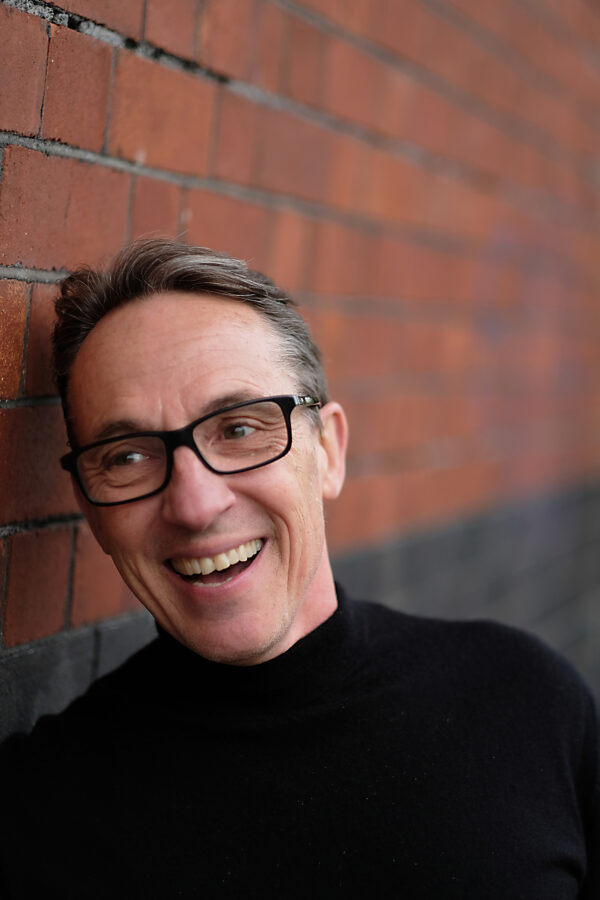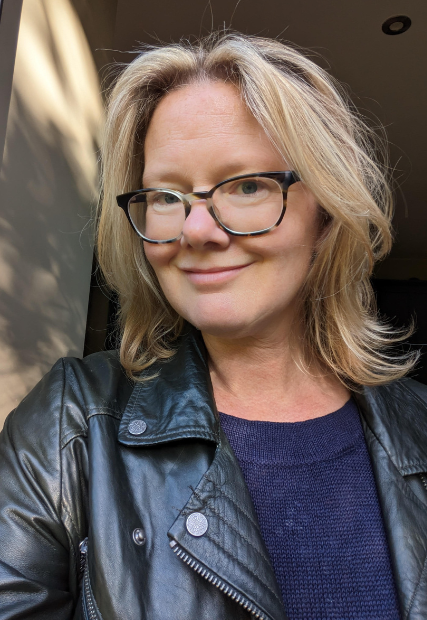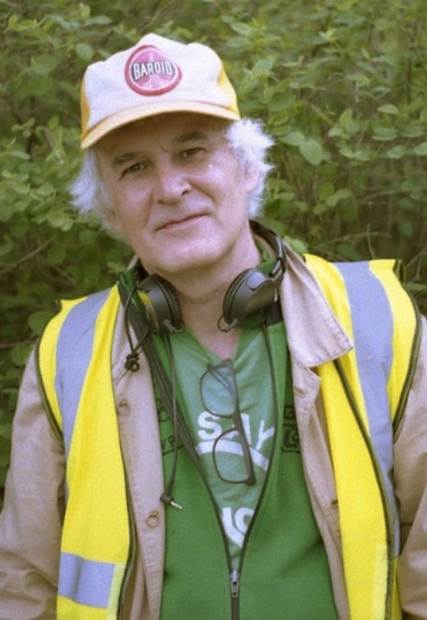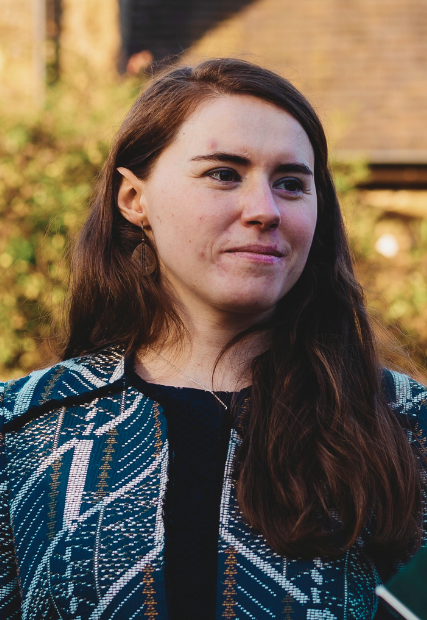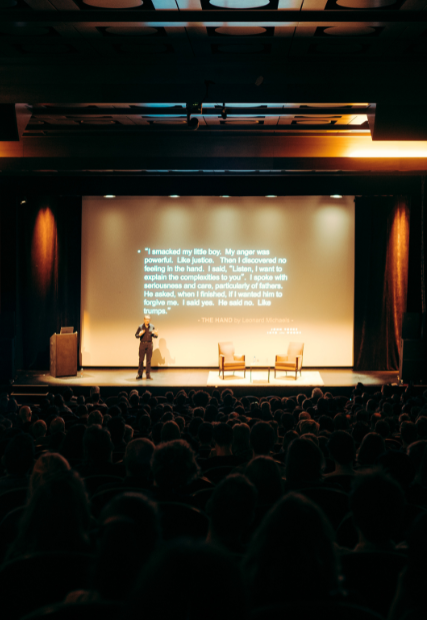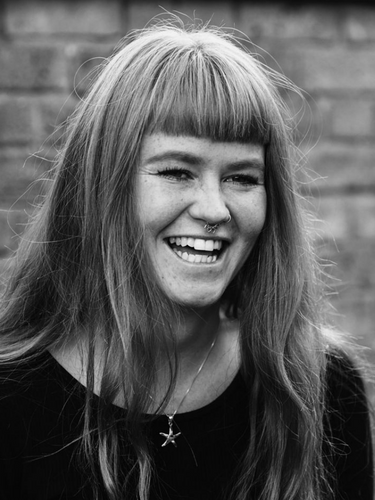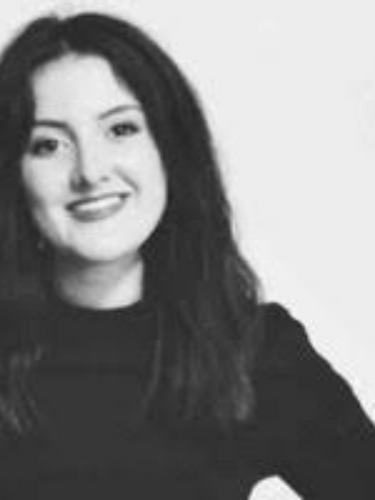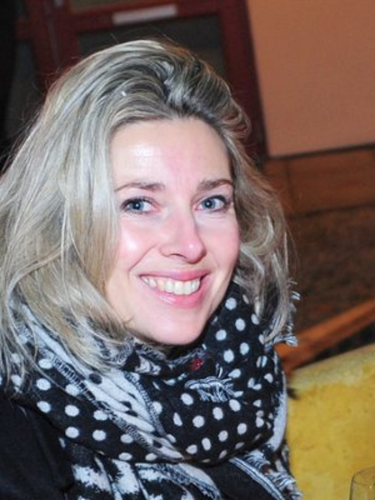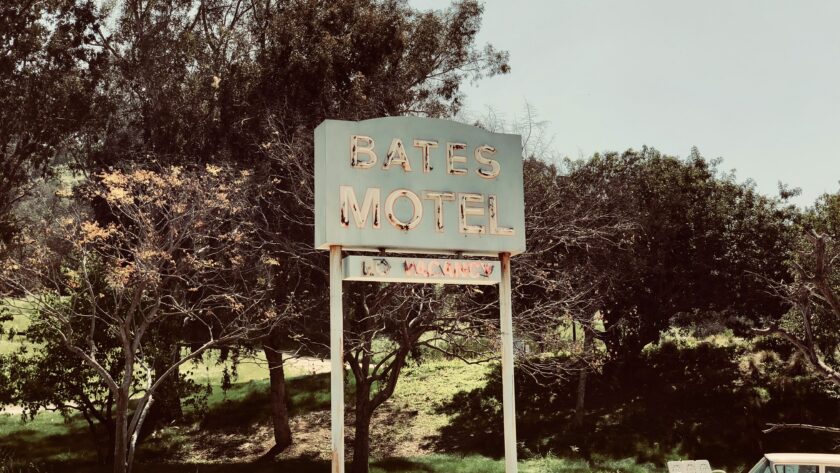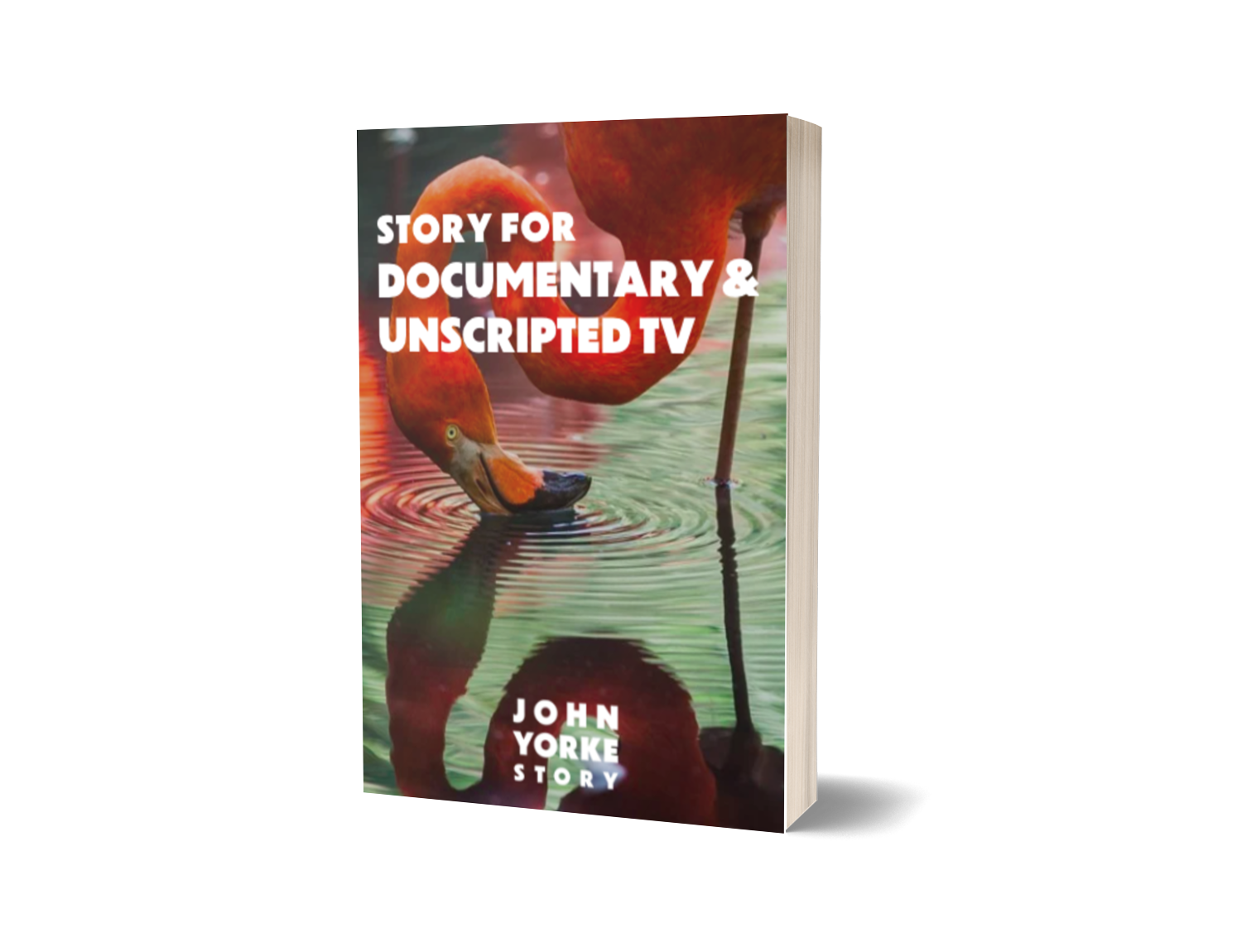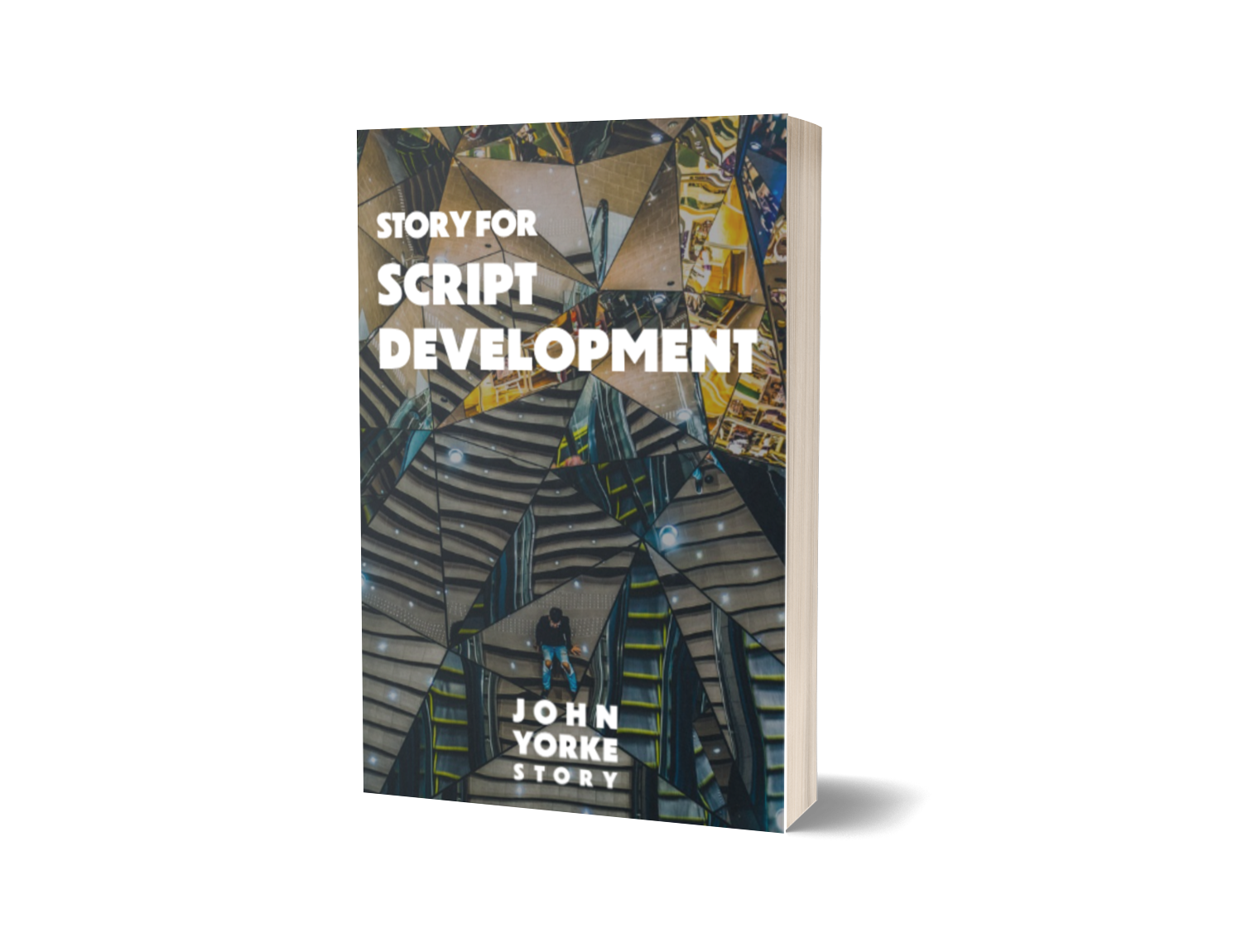Discover why some factual stories resonate with audiences — and how to fix those that don’t.

Location:Online
Duration:7 Weeks
Skill Level:Intermediate
Whether you’re making documentaries, format shows, podcasts or corporate videos, this professional development course from John Yorke and Peter Dale trains you to recognise the structure underlying all successful factual stories.
Learn the essential elements every story needs, how to identify them in your research and ideas, and how to shape the material you’ve shot to find a story that will connect with commissioners and audiences alike.
Study with a small group and an expert tutor. You’ll emerge with increased confidence in judging story ideas, pitching original ideas, finding the essence of a story, and with practical fixes to make any narrative work.
CPD certified
Our professional skills training has been independently accredited for integrity and quality. All learners receive certificates of completion detailing CPD learning hours.

